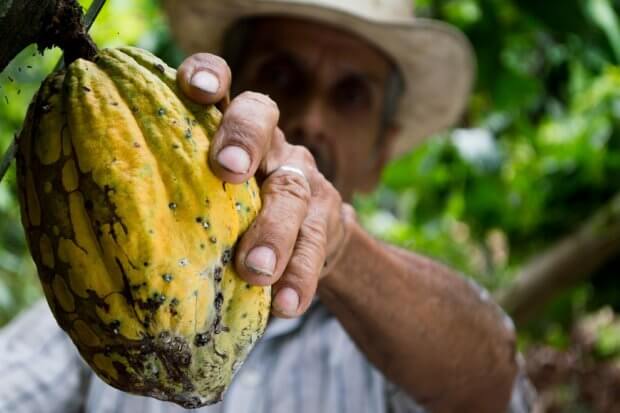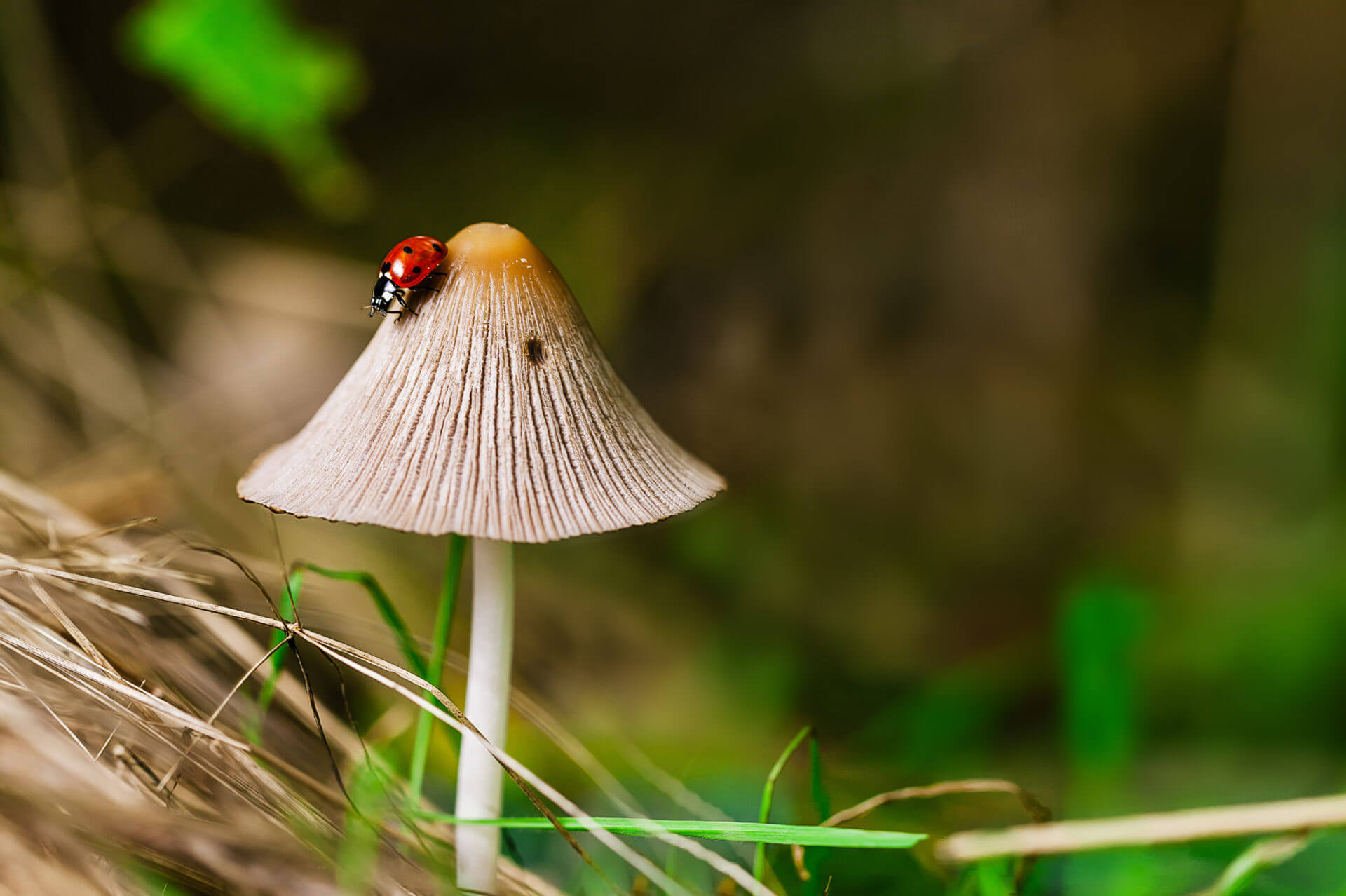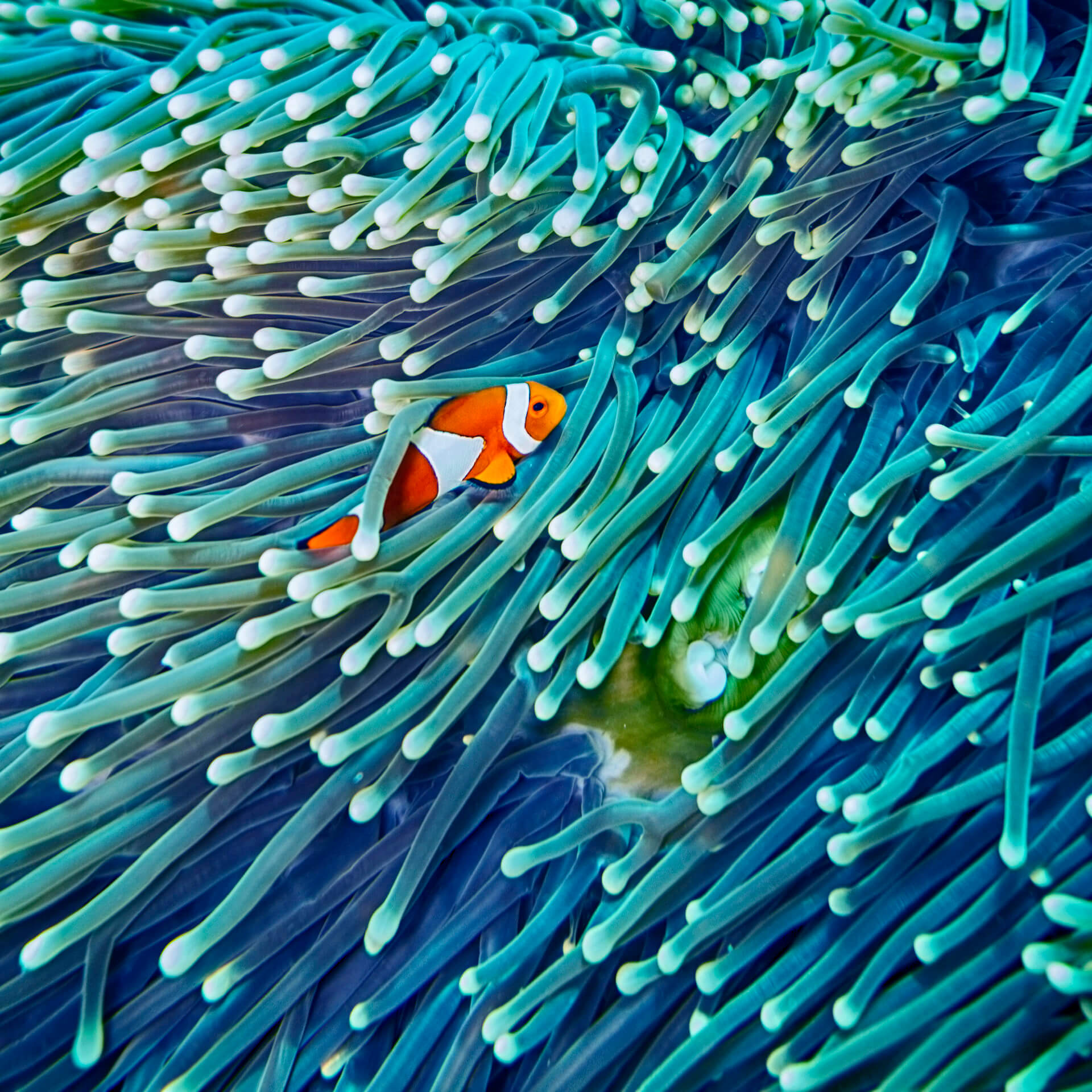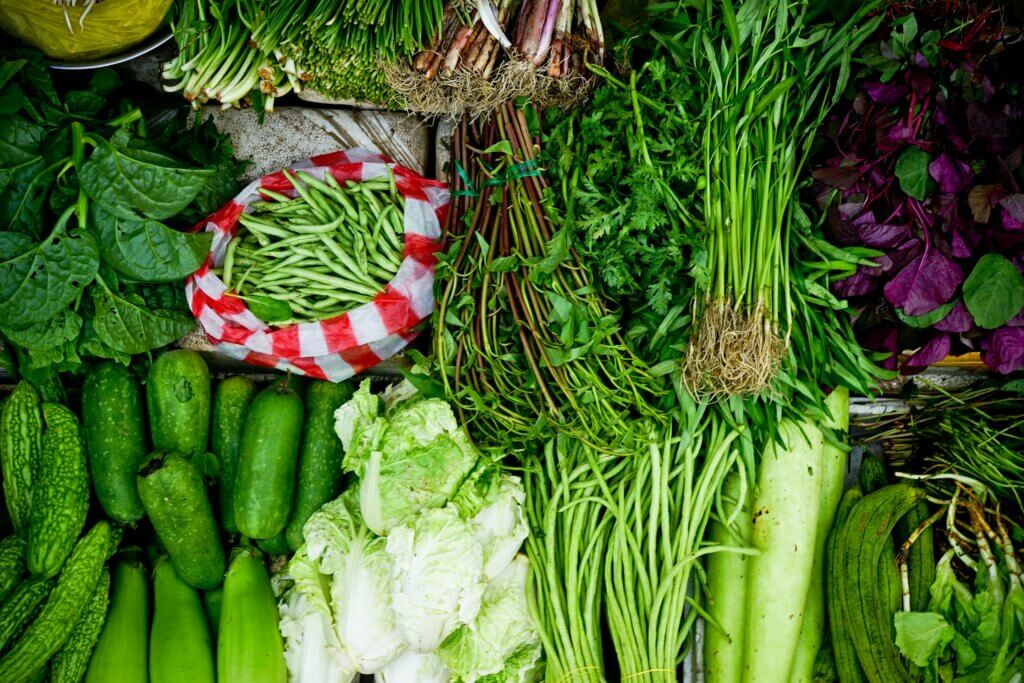
Save biodiversity by eating better
Our food choices have significant effects on biodiversity and ecosystems, but also on our health. Among other things, intensive meat production is responsible for the destruction of many ecosystems around the world and excessive meat consumption is a source of various diseases. Yet demand is growing on an increasingly populated planet with limited natural resources. As individuals, do we have a role to play in mitigating this trend in a globalised world? The answer is yes!
In order to feed the entire world population sustainably, every human being could adopt a diet which features less red meat and focuses instead on plants. The problem is not so much demographics as current industrial livestock farming practices, which are putting great pressure on natural resources and biodiversity.[1] (See the article “A very meaty diet: what consequences for biodiversity?“)
It is recognised that our average meat consumption far exceeds our protein requirements and that one proportion of this protein should be of plant origin. The FAO recommends not exceeding 75g to 100g of animal protein per day, or a maximum of 36.5 kg of meat, fish and eggs per year, on average, half of what we currently consume.[2] In addition, we are strongly advised to consume less than 300g of red meat per week and no (or as little as possible) processed meat, especially deli meats, because of the health risks they represent.[3]
Eating less red meat is therefore better for our health and the health of our planet. But what are the “biodiversity friendly” alternatives for those who love steaks and meatballs in a country where meat is often the main item on our plates?

Here are a few ideas:
- I adopt a flexitarian attitude: I eat less meat but of better quality (organic, local, from extensive livestock farms).[4] Meat and dairy products from extensive livestock production can be more environmentally friendly than the factory farming or grain feeding options. In addition, by limiting your consumption of red meat and processed meat products, you also reduce the risk of certain diseases.[5]
- I eat meat that is less “harmful to the climate”. Pigs and poultry produce much less methane than cattle. However, they are more dependent on cereals and soya products and can therefore still have a negative effect on greenhouse gas emissions.
- I tend to eat legumes, cereals and vegetable proteins. In an analysis of commonly-consumed foods in Sweden, the authors conclude that “it is more ‘climate efficient’ to produce protein from vegetable sources than from animal sources” adding that “beef is the least efficient way to produce protein, less efficient than vegetables that are not recognised for their high protein content, such as green beans or carrots”. (Carlsson-Kanyama and González 2009). A 2020 BEUC study also reveals that most consumers are open to eating more lentils, beans, and other legumes as an alternative to animal protein.[6]
- I favour short circuits and local farmers, organic and/or with a charter that respects the environment. I therefore avoid the transport of goods, often by boat, and consequently the noise and water pollution of the marine environment. I do not consume food transported by airplane. I am also limiting the chemical pollution of ecosystems, particularly agricultural and aquatic ecosystems.
- I check this page out for more food tips.
[1] Interventie van Howard Lyman en Michael Pollan in the cowspiracy documentary
[2] Food-based dietary guidelines – Belgium (fao.org)
[3] https://www.health.belgium.be/sites/default/files/uploads/fields/fpshealth_theme_file/20191011_hgr-9284_fbdg_vweb.pdf
[4] Faut-il arrêter de manger de la viande ? (Should we stop eating meat?) (lemonde.fr)
[5] advies-9284-fbdg-2019 | FPS Public Health (belgium.be)
[6] Between 2016 and 2019, 24% of the EU agricultural promotion policy budget was allocated to campaigns to promote meat and meat products. Plans to stop stimulating meat production or consumption, which were part of some drafts in early May of the EU farm to fork strategy for a fair, healthy and environmentally-friendly food system, were dropped from the final version. The EU agricultural promotion policy is currently being evaluated.
Actus Associés

Regenerative development and design: improving governance, innovation and planetary health
Humans have pushed several planetary boundaries out of their safe operating space and inequalities within and between countries are rising… Our current societal and environmental challenges require a meta-response. This is what Regenerative Development and Design (RDD) aims to bring.
See more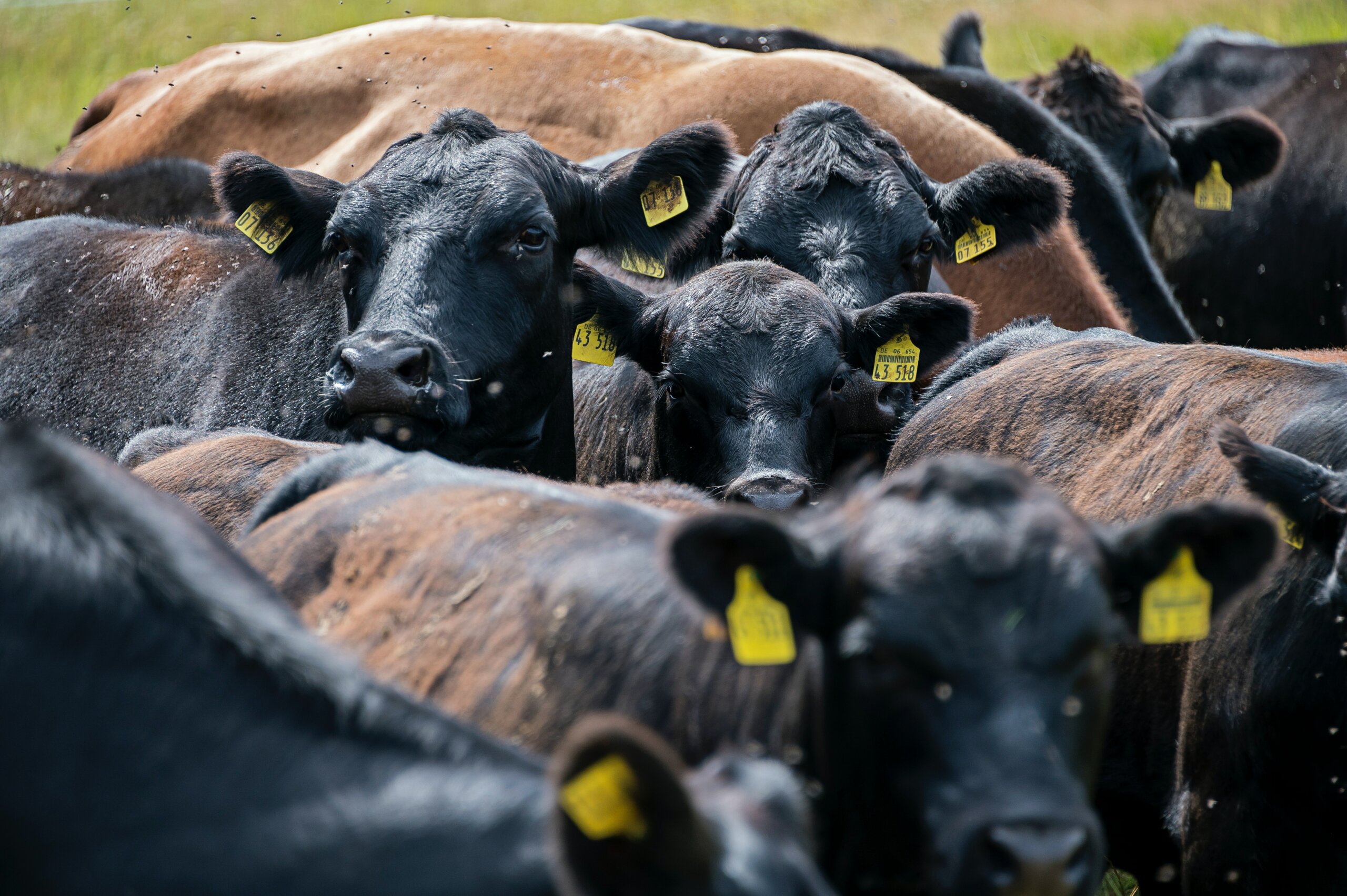
A very meaty diet: what consequences for biodiversity?
Did you know that, in the European Union, the food industry is the main cause of environmental damage, followed by housing and mobility?[1] Although many consumers are aware of this, we tend to underestimate the effects of our eating habits on the environment.[2] While this is not good news, it does mean that our choices can make a real difference. But can we really protect biodiversity at mealtimes?
See more
A Happy New Year 2019 focused on biodiversity!
Is the year-end holiday season behind you? No more crazy shopping for gifts, no more hearty meals… until next year! As this period is behind us, let’s now take the time to ask ourselves what a celebration such as Christmas represents in terms of impact on biodiversity. And most importantly, what can we do to reduce our footprint during the holidays, whatever they may be?
See more

